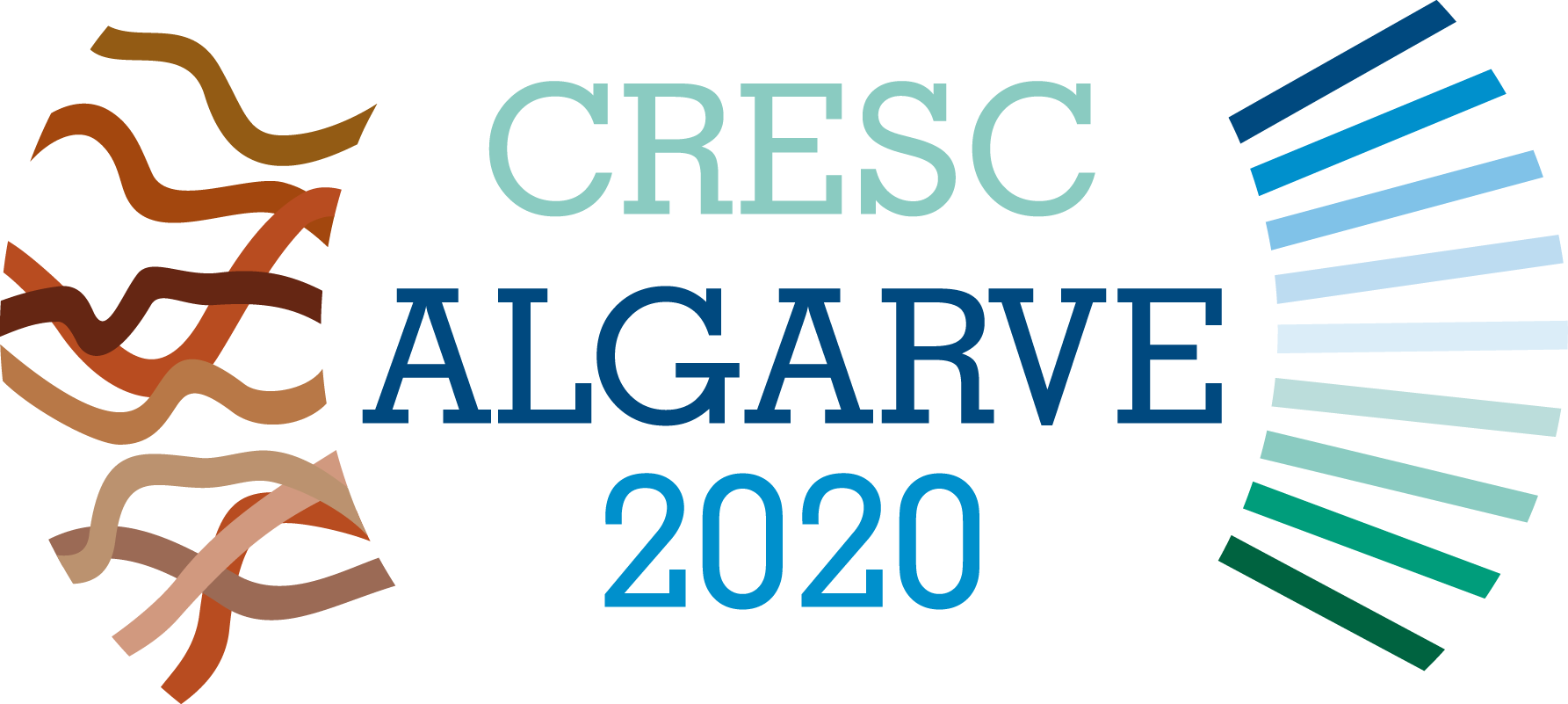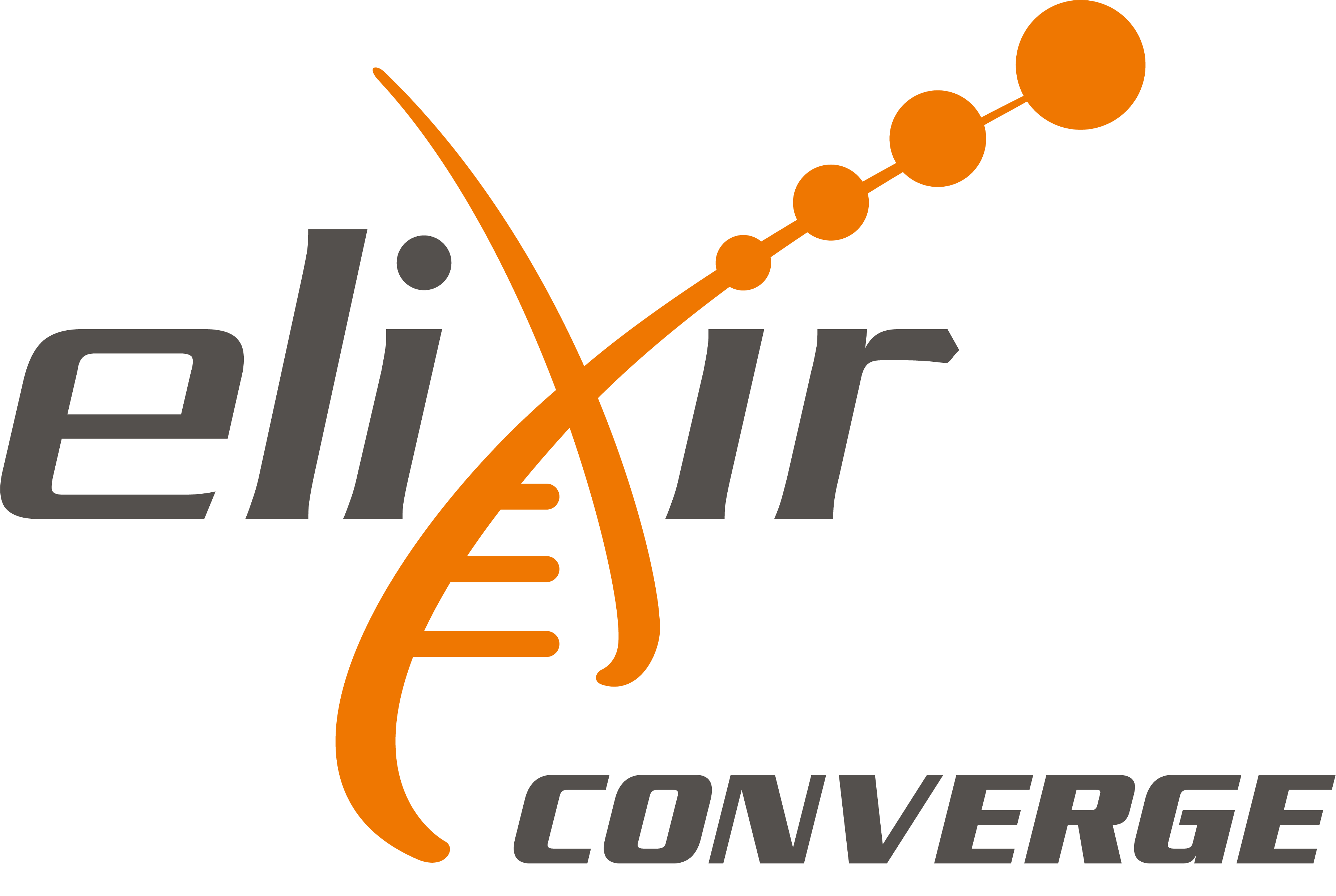PGDH17 - Population Genetics and Demographic History: model-based approaches
In this five-day course we will introduce the main concepts that underlie many of the models that are frequently used in population genetics. We will focus on the importance of demographic history (e.g. effective sizes and migration patterns) in shaping genetic data. We will go through the basic notions that are central to population genetics, insisting particularly on the statistics used to measure genetic diversity and population differentiation. The course will also cover a short introduction to coalescent theory, Bayesian inference in population genetics and data simulation. We will also introduce two methods that have been recently developed to analyse genomic data. The PSMC of Li and Durbin reconstructs the demographic history of a species or population with the genome of a single individual. The Rehh package is an R implementation of the Extended Haplotype Homozygosity (EHH) test for selective sweeps and looks for signals of selection based on the analysis of genomic regions.





